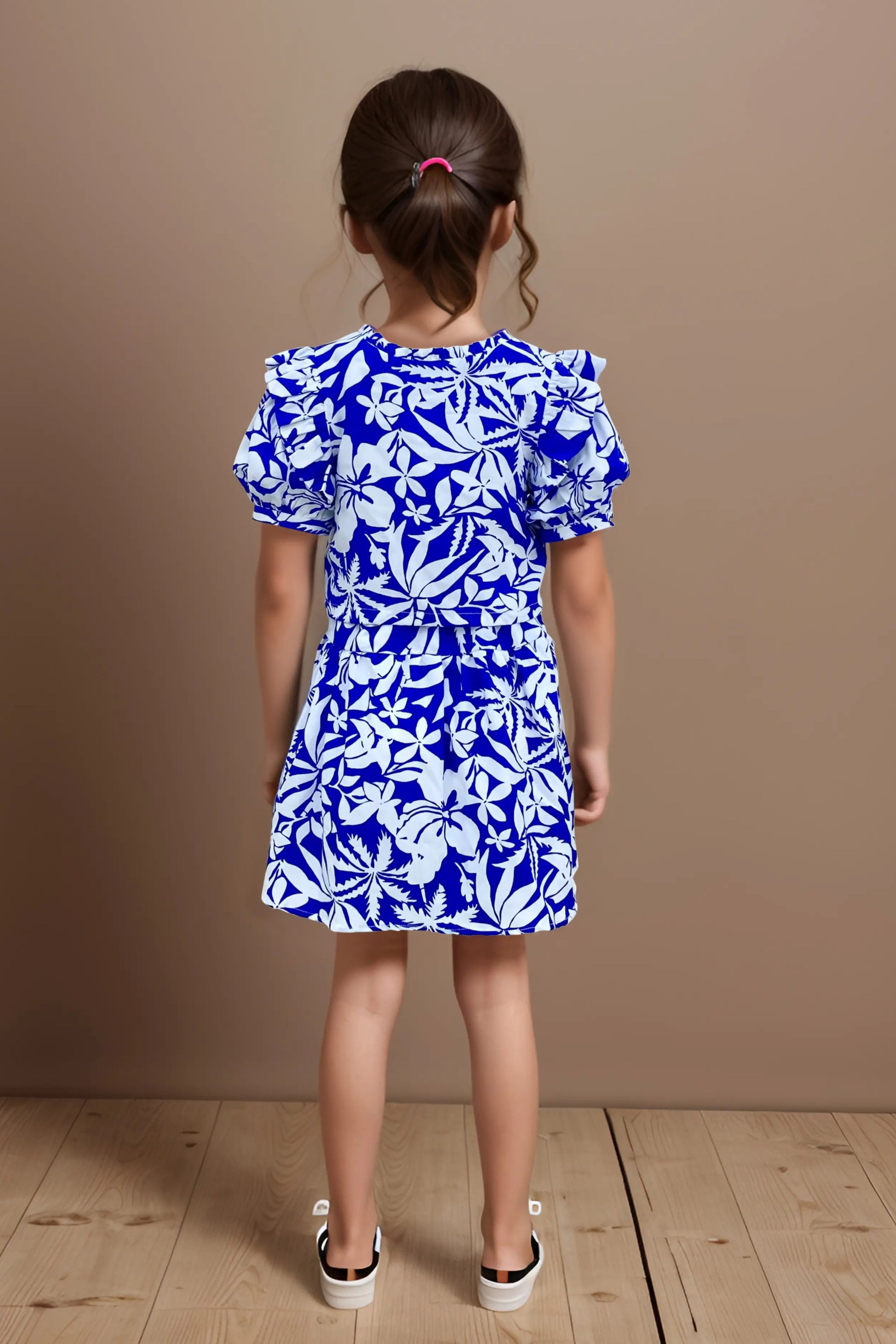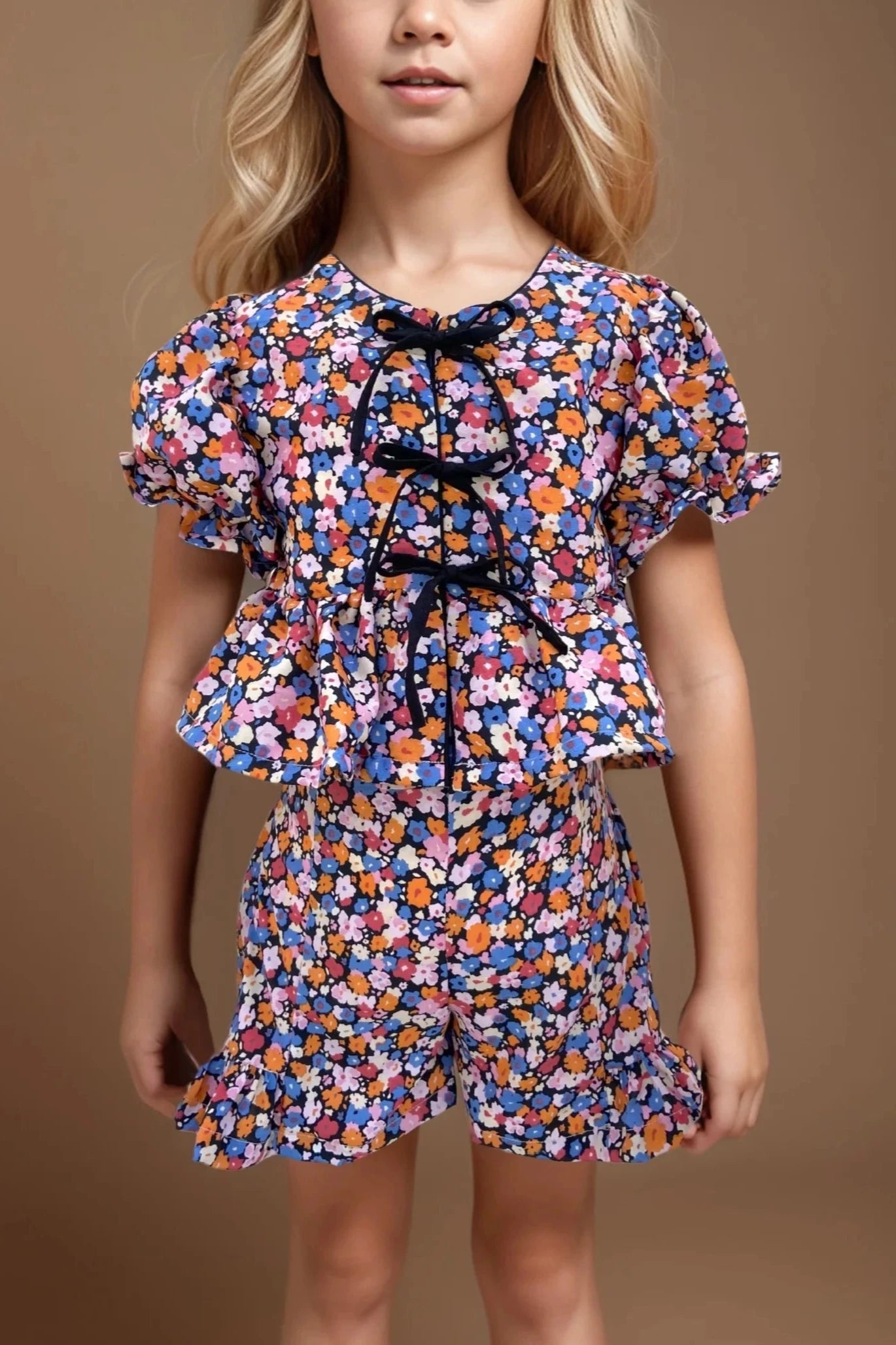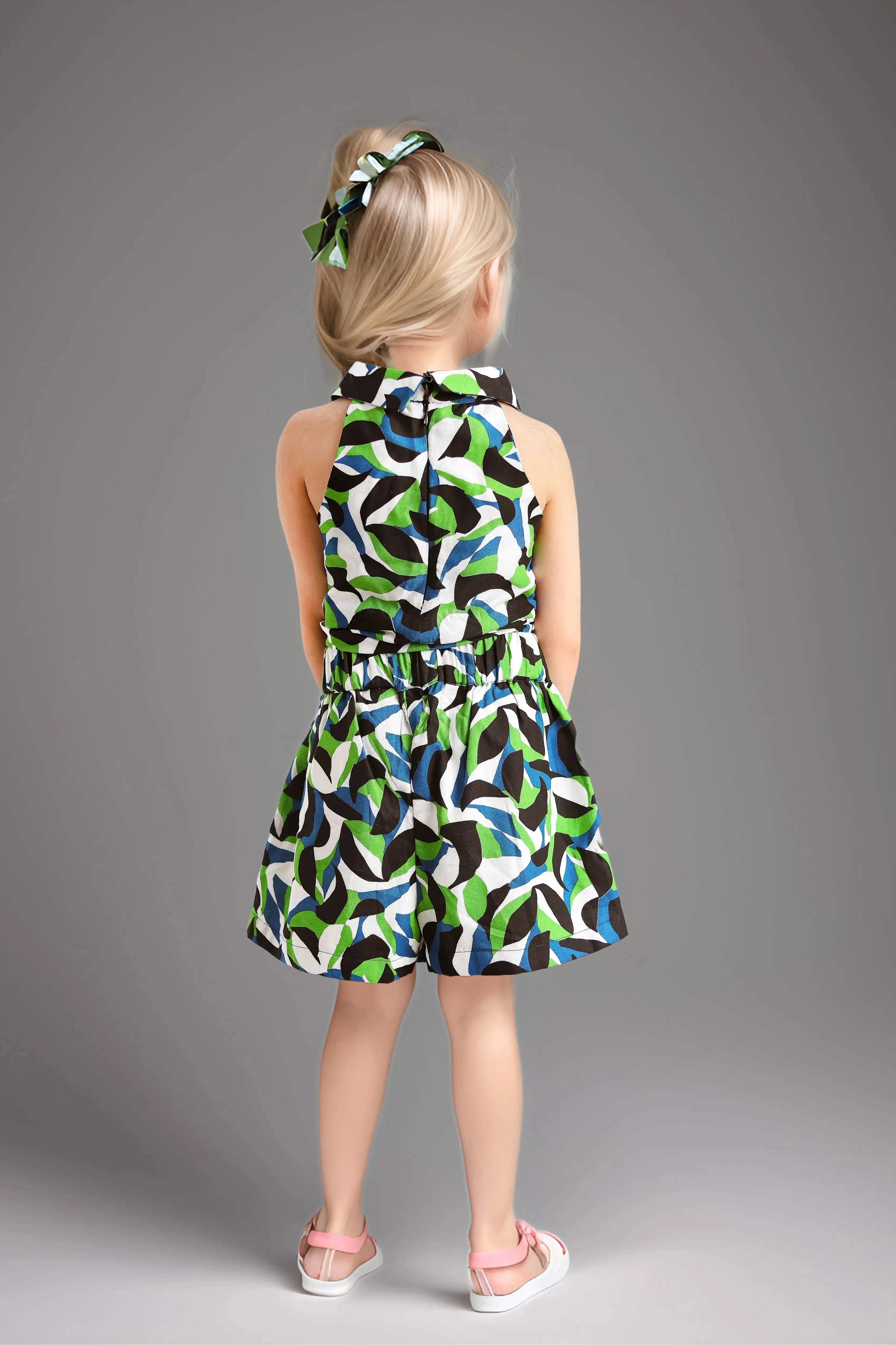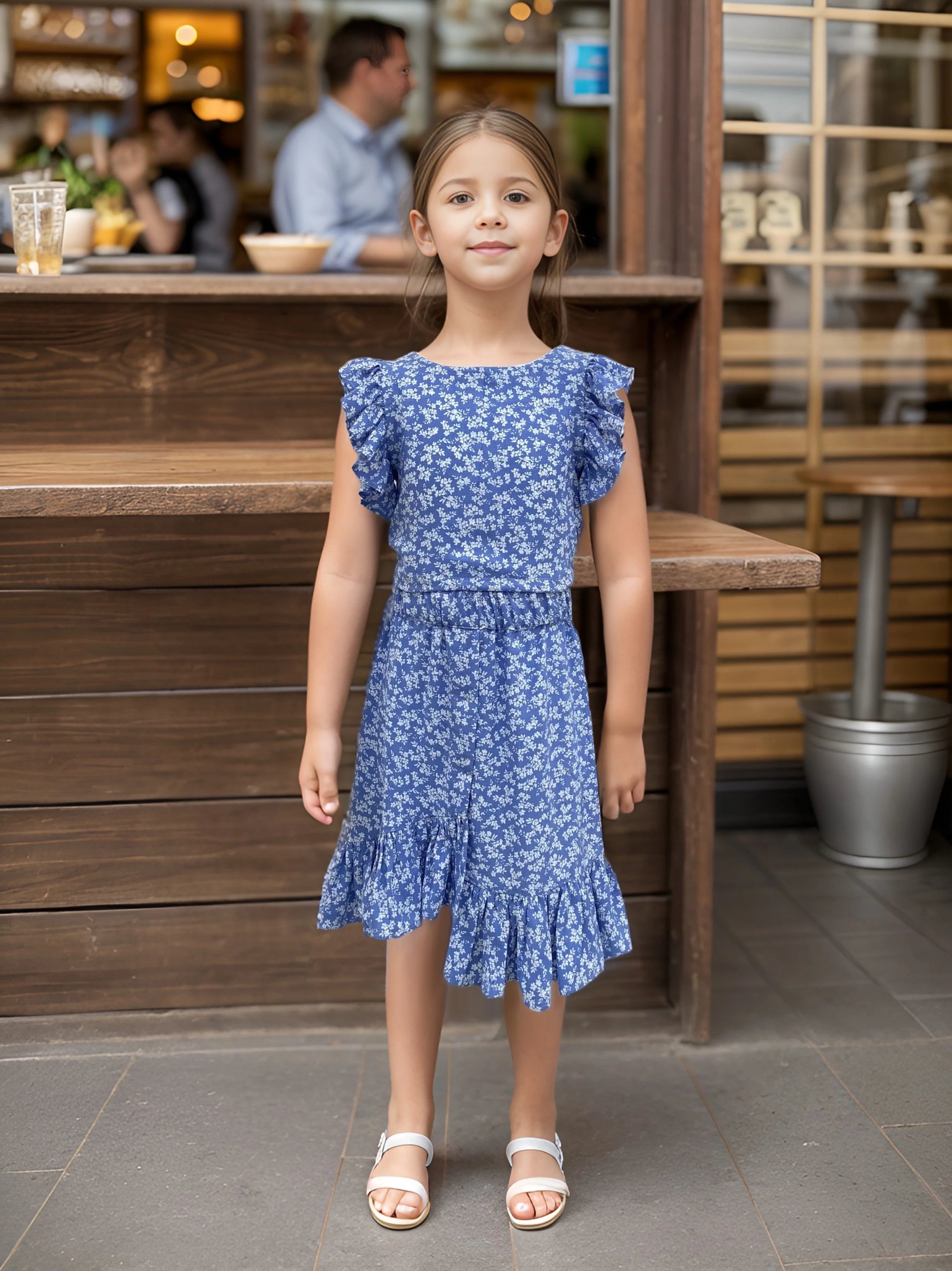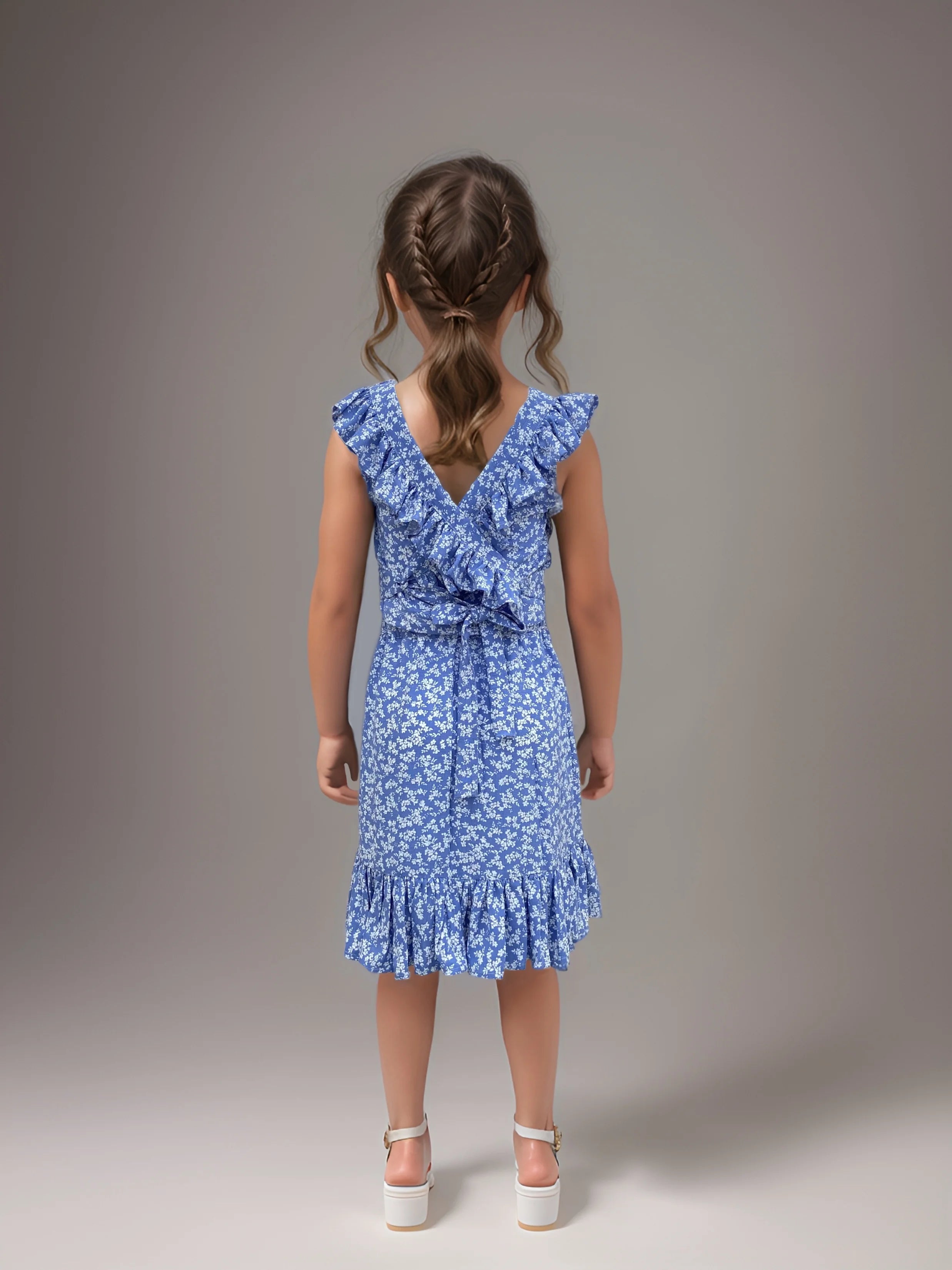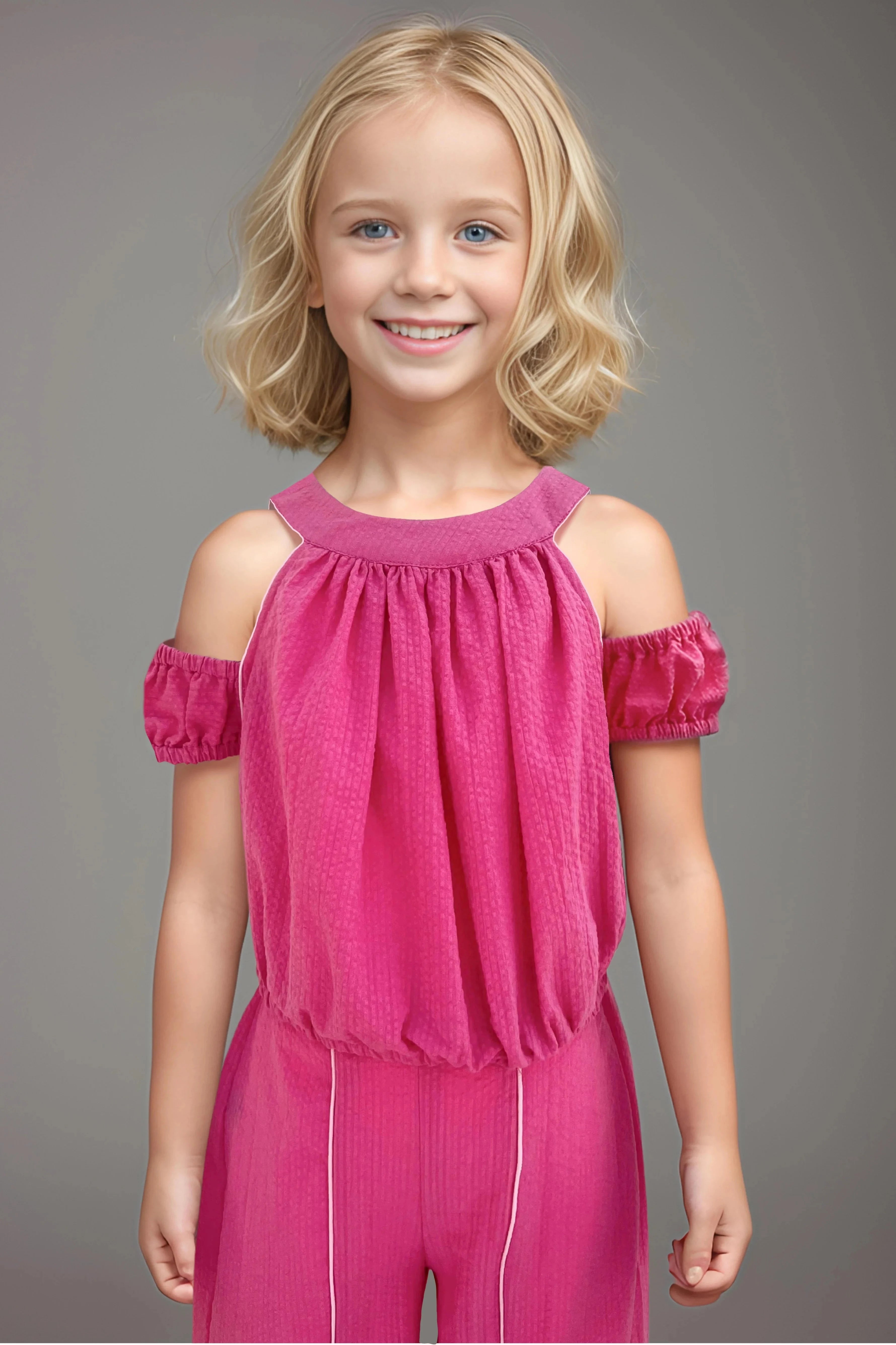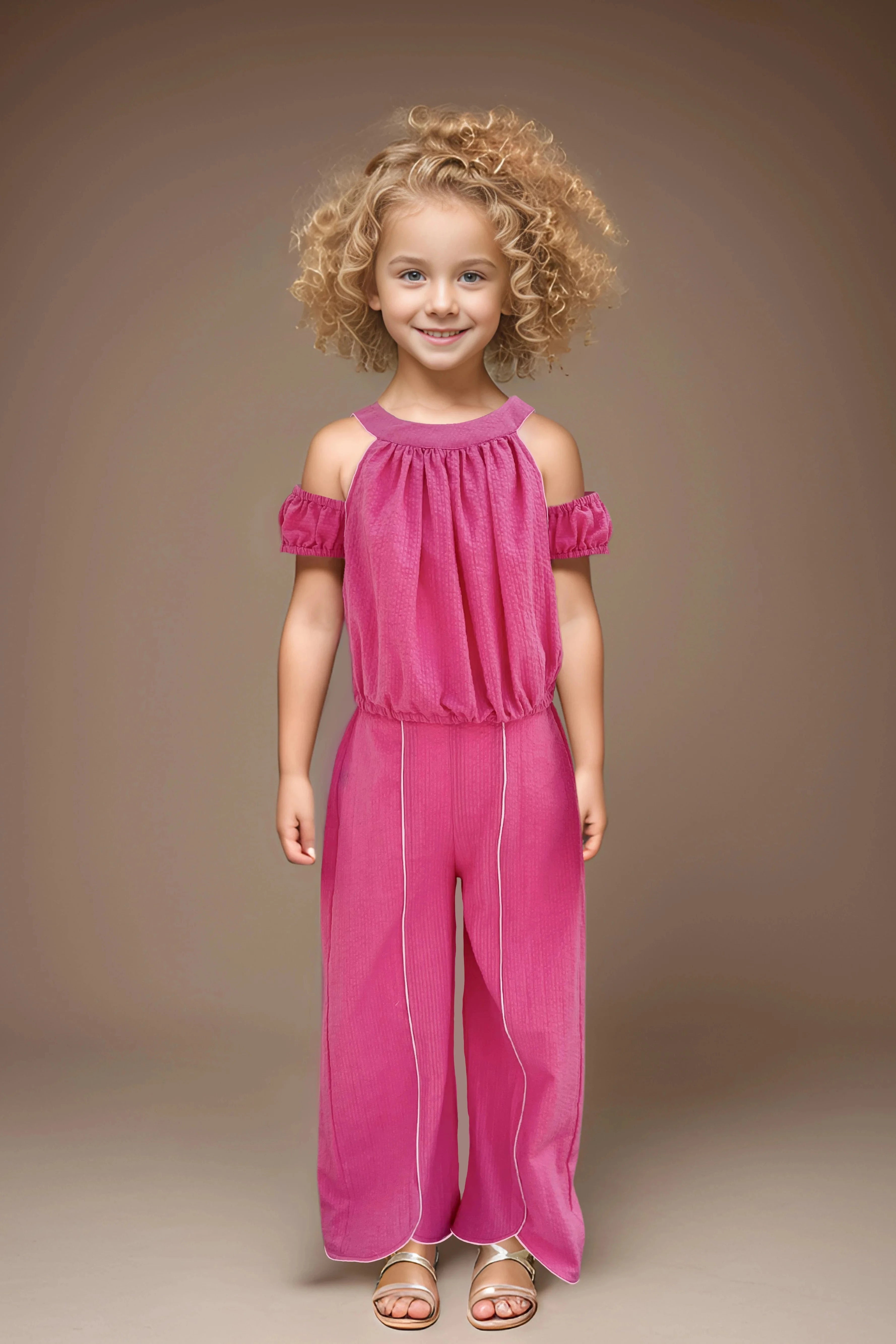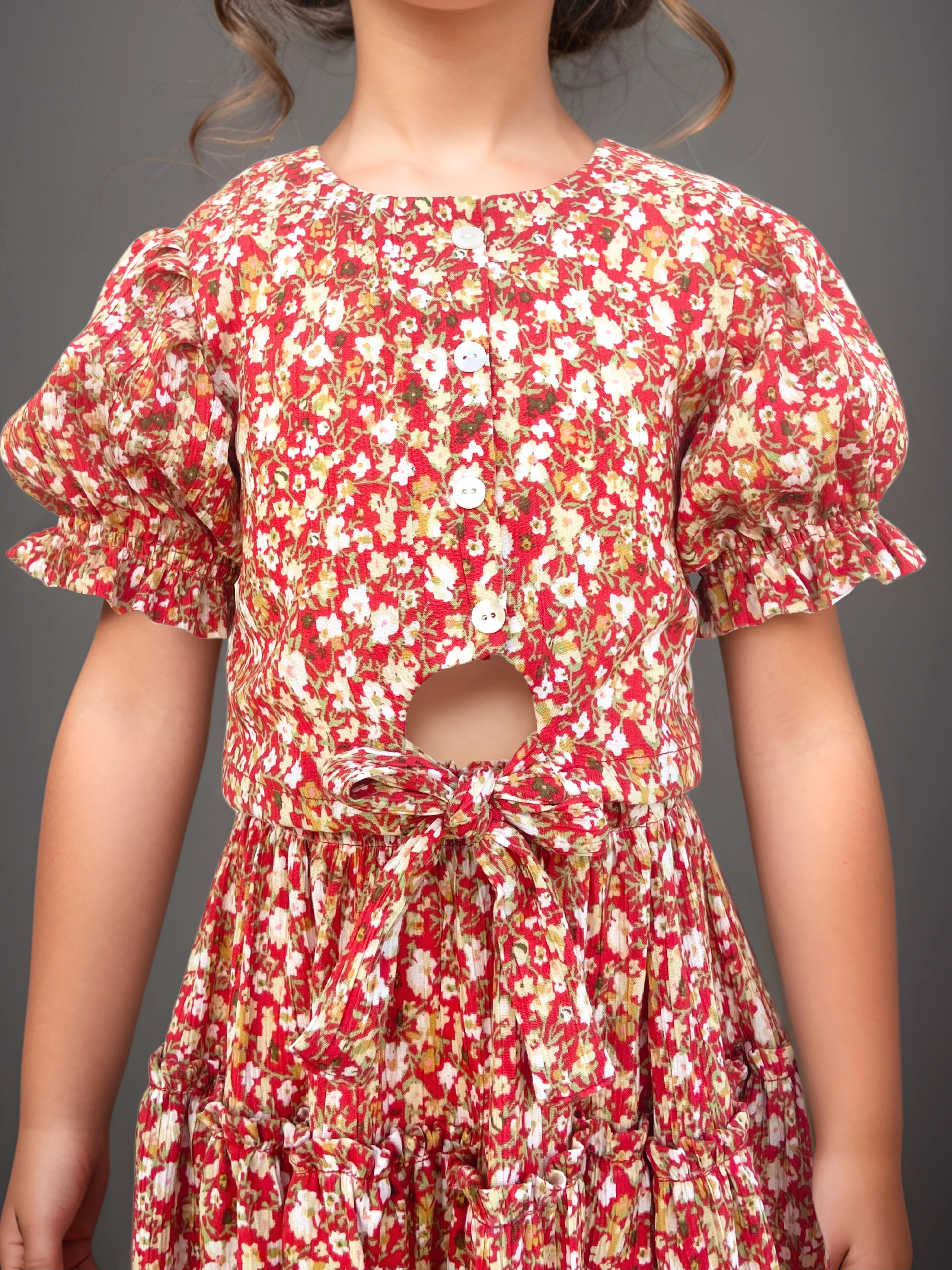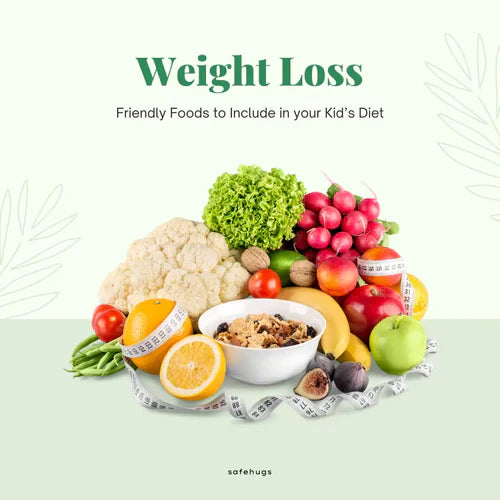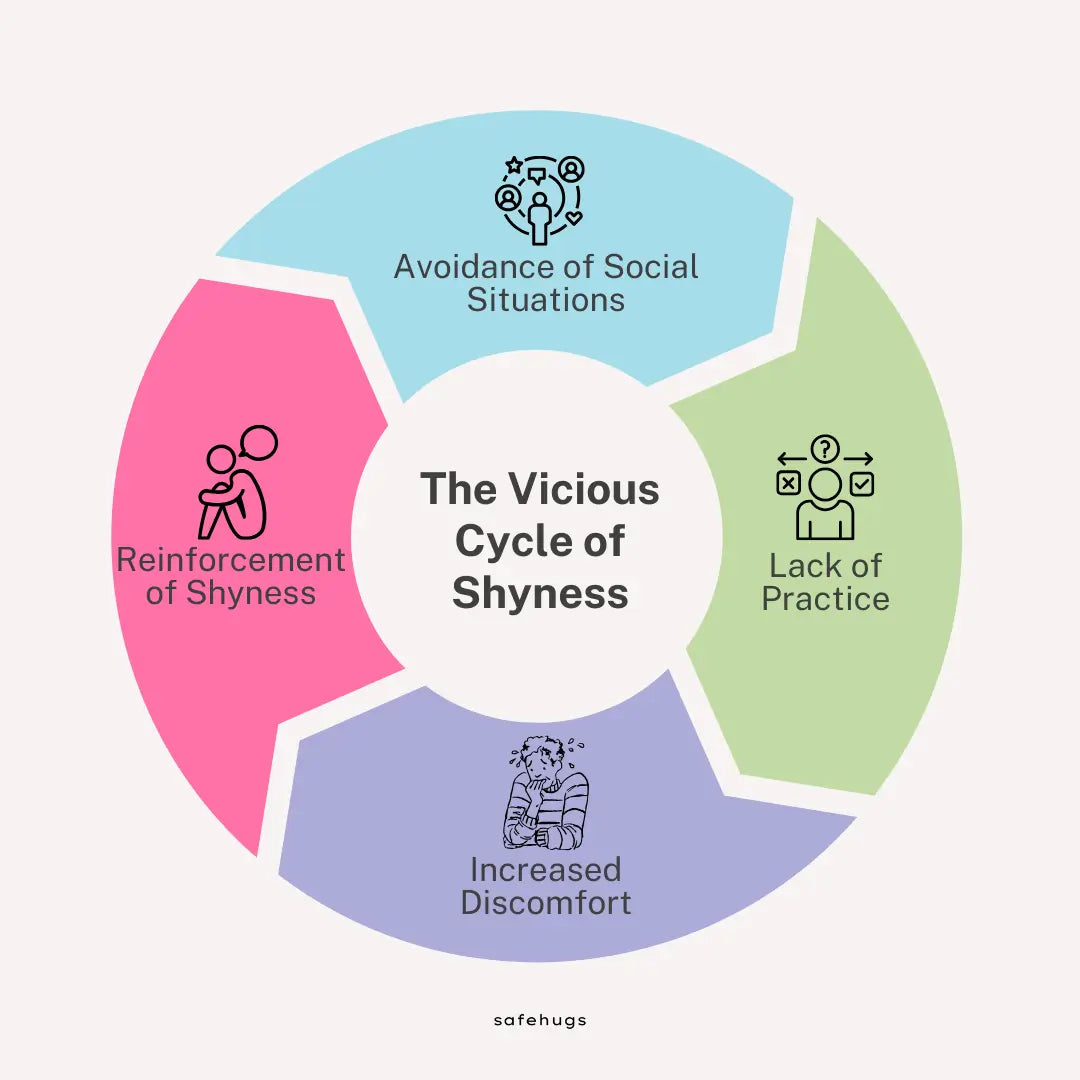What to Pack in Your Delivery Bag: Complete Checklist

Getting ready for a baby is an exciting and special time that needs some planning. Packing your delivery bag early helps you stay prepared for the hospital. Make sure to include all the important items you'll need for a comfortable stay. This guide breaks it down into simple categories for easy packing. Stay organized, so you can focus on welcoming your little one !
Table of Contents
- When to Pack Your Hospital Bag
- What to Pack in the Hospital Bag for Mom (Labor and Delivery)
- Hospital Bag for Mum: After Delivery
- List of items required during delivery for baby
- Hospital bag checklist for partners and coaches
- What Not to Pack in Your Hospital Bag
- FAQs
When to Pack Your Hospital Bag
Timing for Packing Your Hospital Bag
- General Recommendation: It is advisable to have your hospital bag packed by 36 to 38 weeks of pregnancy. This ensures that you are prepared in case labor begins earlier than expected.
- High-Risk Pregnancies: If you have a high-risk pregnancy or are expecting multiples, consider packing your bag around 35 weeks to be extra prepared.
- Three Weeks Ahead: Some experts suggest packing at least three weeks before your due date, allowing ample time for any last-minute adjustments.
Tips for Packing
- Start Early: If you prefer, you can start packing earlier in your third trimester. This gives you time to think through what you might need without the last-minute rush.
- Keep It Accessible: Once packed, keep your hospital bag in an easily accessible location, such as your car or near the front door, so you can grab it quickly when needed.
I recommend this blog on "Home Remedies for Cold and Cough for Kids" for safe, natural ways to help alleviate your child's symptoms.
What to Pack in the Hospital Bag for Mom (Labor and Delivery)
Hospital Bag Essentials for Labor
Documents
Make sure to pack all essential documents for hospital check-in. Bring a photo ID (driver’s license or passport) and your insurance card for verification, and include pre-registration forms to save time. If you have a birth plan, print a copy to share with your healthcare team.
Clothing
Pack a comfortable, loose-fitting gown (optional if you prefer your own over the hospital’s). Don’t forget non-slip socks or slippers for walking around, and a lightweight robe for modesty and warmth. Bring a nursing or maternity bra, preferably wireless, for comfort during the stay.
Comfort Items for Labor
Have hair ties, scrunchies, or headbands to keep your hair out of your face during labor. Lip balm is important to prevent chapped lips in the dry hospital air, and massage tools like a tennis ball or roller can help with relaxation. Pack essential oils or room spray for a soothing environment (if allowed) and a water bottle with a straw for easy hydration.
Entertainment and Distractions
Include your phone and a long charger or power bank to stay connected and keep your devices charged. Headphones will let you enjoy music, hypnobirthing tracks, or podcasts, and bring a book, magazine, or tablet for some light reading or distraction during downtime.
Snacks and Drinks
Pack easy-to-digest snacks like granola bars, crackers, or trail mix to keep your energy up. Bring sports drinks or electrolyte packs to stay hydrated and replenish nutrients during labor.
Postpartum Recovery Essentials
- Clothing
- Loose, comfortable pajamas or lounge clothes (nursing-friendly if breastfeeding).
- Postpartum or high-waisted underwear (disposable or washable).
- A going-home outfit (maternity-friendly as your belly won't shrink immediately).
- Toiletries
- Toothbrush, toothpaste, and floss.
- Hairbrush, comb, and dry shampoo (if needed).
- Travel-size shampoo, conditioner, and body wash.
- Deodorant.
- Face wipes, moisturizer, and basic makeup (if you feel like freshening up).
- Postpartum Care
- Heavy-duty maternity pads or adult diapers (hospitals often provide some, but extras are helpful).
- Nipple cream and nursing pads (disposable or reusable).
- Perineal spray or soothing balm for postpartum discomfort.
Optional Extras for Comfort
- Pillow and Blanket: Your own pillow and a cozy blanket can make the hospital feel more like home.
- Eye Mask and Earplugs: Useful for rest if your room is bright or noisy.
- Celebration Outfit: If you plan to take photos with your newborn.
Explore this blog on "Importance of Healthy Food for Students" to understand how proper nutrition enhances students' physical and mental well-being.
Hospital Bag for Mum: After Delivery
Clothing
- Comfortable Postpartum Outfits
- Loose, breathable clothing like oversized shirts, maternity leggings, or nursing-friendly dresses.
- Front-opening or nursing-friendly tops (if breastfeeding).
- A cozy robe for layering.
- Postpartum Underwear
- Disposable or high-waisted, comfortable underwear (dark colors recommended).
- Hospital-provided mesh underwear is an option, but many moms prefer bringing their own.
- Nursing Bras or Tanks
- Soft, supportive, and wireless nursing bras.
- Nursing tanks for easy feeding access.
- Going-Home Outfit
- Loose-fitting clothes (maternity clothes work well).
Toiletries
- Basics
- Toothbrush, toothpaste, and floss.
- Travel-sized shampoo, conditioner, and body wash.
- Hairbrush, hair ties, or headbands.
- Deodorant.
- Face wipes, moisturizer, and light makeup (optional).
- Postpartum Care
- Heavy-duty sanitary or maternity pads.
- Perineal spray or balm (such as witch hazel or cooling sprays).
- Nipple cream (lanolin-based or organic options for breastfeeding).
- Disposable nursing pads or reusable breast pads.
- A peri bottle (some hospitals provide one).
- Comfort Items
- Lip balm.
- Hand cream (hospital air can be drying).
- Glasses or contact lens supplies (if needed).
Breastfeeding and Pumping Essentials
- Nursing pillow for comfort.
- Breastfeeding cover (optional, for visitors).
- Manual or electric breast pump (if planning to pump).
- Milk storage bags (optional for pumping moms).
Comfort and Recovery Items
- Pain Relief and Support
- Belly support band (optional, for added comfort).
- Heating pad or hot/cold packs for aches and soreness.
- Snacks and Drinks
- High-protein snacks or granola bars.
- Electrolyte drinks or water bottles (with straws for easy sipping).
- Entertainment and Relaxation
- A tablet, book, or magazines for downtime.
- Phone and long charging cable or power bank.

List of items required during delivery for baby
- Clothing
- Onesies (2-3): Lightweight and easy to change.
- Sleepers (2-3): With footies for warmth.
- Hat and Mittens: To keep baby warm and prevent scratching.
- Socks (2 pairs): For added warmth.
- Going-Home Outfit: Weather-appropriate and comfortable.
- Blankets and Swaddles
- Receiving Blanket (1-2): For wrapping baby or layering.
- Swaddle Blanket (1-2): Easy for wrapping baby snugly.
- Feeding Essentials
- Burp Cloths (2-3): For feeding time.
- Formula and Bottles: If not breastfeeding (check with your hospital for what they provide).
- Diapering Essentials
- Diapers (newborn size): Most hospitals provide these, but bring extras if desired.
- Wipes: Sensitive or unscented.
- Health and Hygiene
- Baby Lotion or Diaper Cream: For delicate skin (optional).
- Nail File or Clippers: To smooth tiny nails (if needed).
- Travel Gear
- Car Seat: Installed and ready for the ride home.
- Optional Extras
- Baby Book: For footprints and first memories.
- Pacifier: If planning to use one (hospital may provide).
Check out this blog on "Benefits of Healthy Eating in Early Childhood" to discover how nutritious foods lay the foundation for lifelong health and well-being.
Hospital bag checklist for partners and coaches
- Clothing
- Pack comfortable clothes (2-3 sets) for the stay, along with extra socks and underwear for freshness.
- Bring a warm sweater or jacket, as hospital rooms can sometimes be chilly.
- Toiletries
- Don’t forget toothbrush, toothpaste, deodorant, and travel-size toiletries for personal hygiene.
- Snacks and Drinks
- Have non-perishable snacks like granola bars and a refillable water bottle to stay energized and hydrated.
- Entertainment and Technology
- Keep a phone charger (with a long cord) and some entertainment like a tablet, book, or magazine for downtime.
- Comfort Items
- Carry a pillow and lightweight blanket to rest comfortably if needed.
- Support Essentials
- Include a copy of the birth plan and tools like a tennis ball or roller to help mom relax during labor.
- Travel and Miscellaneous
- Ensure you have ID, insurance cards, and some cash for vending machines or parking fees.
Explore this blog on "Healthy Snacks for Kids to Take to School" for practical, nutrient-packed snack ideas to keep your child energized and focused throughout the school day.
What Not to Pack in Your Hospital Bag
- Items the Hospital Provides
- Diapers and wipes are typically supplied by the hospital, so there’s no need to bring extras.
- Postpartum supplies like maternity pads, mesh underwear, and perineal care items are usually available.
- Baby formula and bottles are provided if needed, so you don’t have to pack these.
- Valuables
- Avoid bringing expensive jewelry or sentimental items to prevent loss or damage.
- Leave large amounts of cash at home; only bring small amounts for vending machines or parking.
- Too Many Clothes
- Skip packing pre-pregnancy clothes, as they won’t fit immediately after delivery.
- Limit baby clothes to just a few essentials, as newborns are often swaddled.
- Unnecessary Electronics
- Don’t bring hair dryers or irons, as they are rarely needed or allowed in hospitals.
- Avoid large laptops or bulky devices, which may not be practical during your stay.
- Excessive Toiletries
- Pack only travel-sized bottles instead of full-sized versions to save space in your bag.
- Avoid strongly scented products, as they can overwhelm your baby’s sensitive nose.
- Food That Needs Refrigeration
- Skip packing perishable snacks, as fridge access may not always be available.
- Pillows and Blankets for Everyone
- Limit yourself to one or two comfort items, as the hospital provides basic bedding and space is tight.
- Over-the-Counter Medications
- Don’t bring pain relievers or supplements, as the hospital will supply necessary medications.
Pack essentials for comfort, recovery, and baby care. Include important documents, comfortable clothing, and comfort items for labor. Bring snacks and drinks for energy, and entertainment to help pass the time. Don’t forget baby essentials like outfits and a car seat. Keep the bag organized and ready by 36 weeks for a smooth delivery experience!
Discover Safehugs clothes that care for your little one’s comfort—soft, stylish, and gentle on the skin, offering a safe embrace.
Related:
-
Check out this blog on "Kiwi in Pregnancy" to discover how this nutrient-rich fruit supports your health and alleviates pregnancy discomforts.
- Check out this blog on "Things to Avoid During Pregnancy" for tips on staying safe and healthy by avoiding common risks.
- Explore this blog on "Food to Avoid During Pregnancy" to learn which foods to avoid for a safer, healthier pregnancy.
FAQ'S
1. What should be in a delivery bag during pregnancy ?
Your delivery bag should include essential documents, comfortable clothing, and comfort items for labor, like snacks, a water bottle, and entertainment. Don’t forget baby clothes, a car seat, and any personal care items you’ll need for recovery after birth.
2. What should be in a delivery bag after birth ?
After birth, pack postpartum clothing, nursing bras, and personal care items like maternity pads and nipple cream. Include baby essentials such as diapers, wipes, and a going-home outfit, along with snacks and comfort items for your recovery.
3. What are the delivery items?
Delivery items include important documents, comfortable clothing, and labor essentials like snacks, a water bottle, and entertainment. Don’t forget baby clothes, a car seat, and any personal care items you’ll need for recovery after birth.
4. How do I prepare my body for delivery?
To prepare your body for delivery, focus on staying active with regular exercise and practicing relaxation techniques like breathing exercises. Maintain a balanced diet, stay hydrated, and attend prenatal classes to help you feel physically and mentally ready.
5. When to pack a hospital bag?
It's best to pack your hospital bag around 36 weeks of pregnancy, so you're ready for delivery at any time. This gives you enough time to gather everything without rushing when labor starts.














